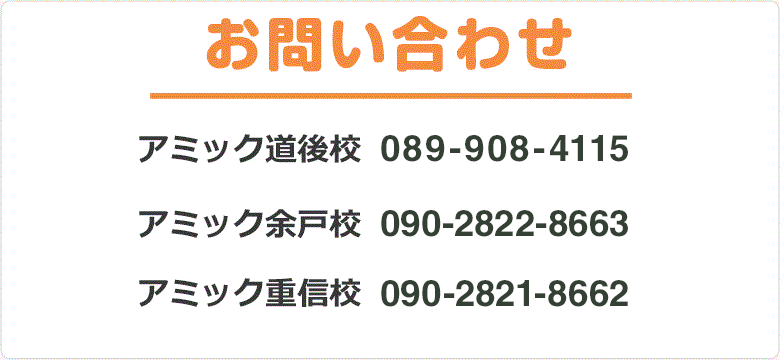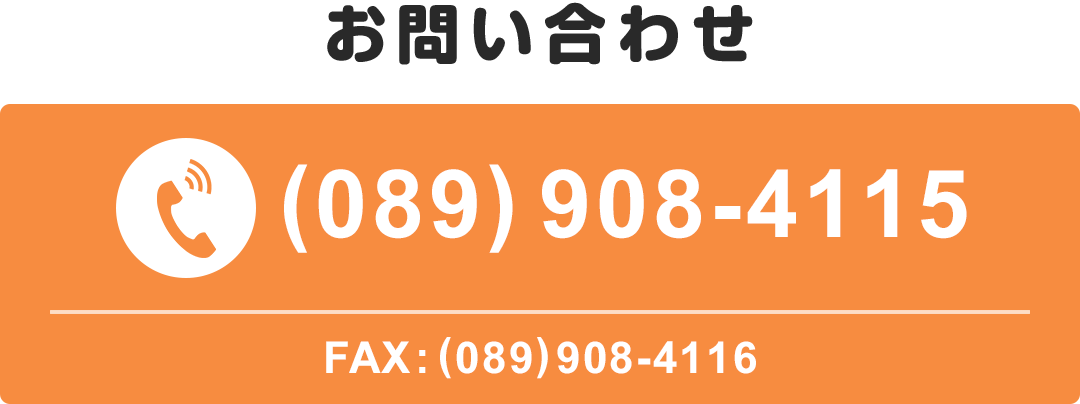カテゴリー:未分類
英会話・英語 アミック Sudoku
I’ve taken up Sudoku again recently. It helps keep me awake and pass the time especially while I’m commuting to work on the train. Before console games and smartphones were invented I loved doing brain teasers, putting together jigsaw puzzles, and playing card games and board games with family and friends. My favourite games were and still are Monopoly, Boggle, and Pictionary.
I’ve never been the type to play games on my tablet, so I don’t play Sudoku electronically, but on paper. This number-placement puzzle is a brain stimulating activity that I do daily to sharpen my mind – or so I tell myself. I can’t actually prove that it does, but it helps me unwind and moreover I get a sense of satisfaction once I complete the puzzle within a set time limit.
One game that I aim to learn someday is a traditional Japanese game called Hanafuda. I have no idea how to play it, but the pictures on the cards are really pretty. 🙂
Do you know how to play it? Could you teach me?
What’s the right way of giving feedback? 英会話・英語 アミック
Feedback is invaluable, it informs us of areas which we may need improvement. Yet many of us shy away from giving and receiving feedback. This, in part, is because we not only dislike being told, or telling people, but because we avoid it we get out of practice. Criticism which is given without careful consideration can be hurtful as can criticism received out of the blue.
Be direct, but polite before giving the feedback. A simple phrase “Can I share some feedback with you?” prepares the receiver and builds trust. Be specific, make sure to provide clear solutions, or listen to the solutions that the receiver offers. Work from it from the other point of view, the best conflict resolution is to be able to understand the opposing argument. Explain in your own words what you think the other person meant, it will help to clarify if there is misunderstanding that has arisen.
英会話・英語 アミック Fitness Trackers
A new report says fitness trackers are not so accurate in measuring the amount of calories our body burns while exercising, and that this may lead people to make poor decisions about their diet. The study is from Stanford University in the USA. Researchers evaluated the accuracy of five popular trackers. These included the Apple Watch, Microsoft Band, Fitbit Surge and Samsung Gear S2. The researchers observed 60 volunteers as they walked, ran and cycled while wearing the devices. Researchers found that none of the devices had an error rate below 20 per cent. Dr Euan Ashley, co-author of the study, said: “People need to know that on energy expenditure, [the trackers] give rough estimates.”
The Stanford scientists said users of fitness trackers should be cautious about using the devices to judge what they eat. Dr Ashley said: “If you go to the gym, and you think you’ve lost 400 calories, then you might feel you’ve got 400 calories to play with.” This could be a problem for those who base what they eat on how many calories their fitness tracker said they burned. One CEO of a fitness tracker company suggested the researchers may not have adjusted the user settings properly. The CEO told the USA Today newspaper that the study method could have reported incorrect data, saying: “We think the excess error reported in energy expenditure is not representative in this study, due to this methodological error.”
source: http://www.breakingnewsenglish.com/1705/170528-fitness-trackers.html
英会話・英語 アミック Katakana English
In Japan, the katakana alphabet is usually used for indicating loan words from other languages. However, be very careful when using them in speech because they may not be used in the same way and more over pronounced differently.
Can you spot the use of katakana English in the phone conversation between a hotel clerk and guest?
Clerk: Good morning, front desk. How can I help you?
Guest: Good morning. I have a claim about my cooler. The rimokon doesn’t work. I think it needs new batteries.
Clerk: We’re sorry about that. I’ll have someone come up and replace it with new ones.
Guest: I also have a request. I’m trying to use my note pasokon, but the consent is different. Do you have an adapter I can borrow?
Clerk: Certainly, sir. Could I please have your room number? I’ll have somebody bring an adapter and batteries to your room as soon as possible.
Guest: Oh, no. That’s okay. I’m going out now. Can I come down in five minutes and pick them up at the furonto?
Clerk: No problem, sir. We apologize for the inconvenience.
Guest: Thank you.
——————————————————————————————————-
Claim – is to say something is the case or is true. The guest should say complaint.
Cooler – is a container for keeping food or bottles cool, or a refrigerator. The guest should say air-conditioner.
Rimocon – is a shortened katakana word for remote control.
Note pasokon – is a shortened loan word for personal computer, but should be called laptop.
Consent – is to have or give permission to do something. In this case the guest should use plug or socket.
Furonto – is a shortened katakana word for front desk. The word reception desk can also be used.
How did you do? Were you able to spot them all?
英会話・英語 アミック
What’s your favourite mythical creature?
Mythical creatures have long been a fascination for me. I grew up with tales of dragons, unicorns, imps, griffins, centaurs and a whole host of other creatures. One of my favourite stories as a child was the C.S. Lewis series Chronicles of Narnia. It introduced me to a world full of wonderful, and some frightening creatures. This led me to an interest in Greek mythology with creatures such as the Minotaur and Medusa, again quite scary but each story had a strong and ingenious hero to prevail over dark times. Following this I found a great interest in the Ancient Egyptians, I found the stories of their Gods to be captivating. Do you believe the dragons, unicorns or even a phoenix existed?












